Can a symphony describe Covid quarantine?
mainFrom the Lebrecht Album of the Week:
I had serious qualms about listening to, let alone reviewing, a symphony that purports to describe our present situation. We all know by now the effects this pandemic has wrought on our lives, and we also remember the lives it has taken. Music has limitations in conveying such losses in abstract form. Mostly, one feels, it shouldn’t try.
But if you are a composer called Tchaikovsky it will take more than a public health crisis to stop you relating to an historic event, be it Napoleon or cholera. Alexander Tchaikovsky, 75 years old this month….
Read on here.
And here.
En francais ici.
More languages follow.
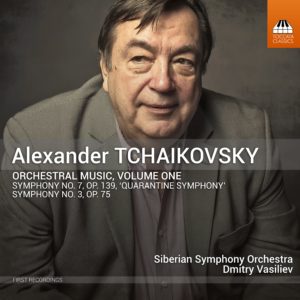

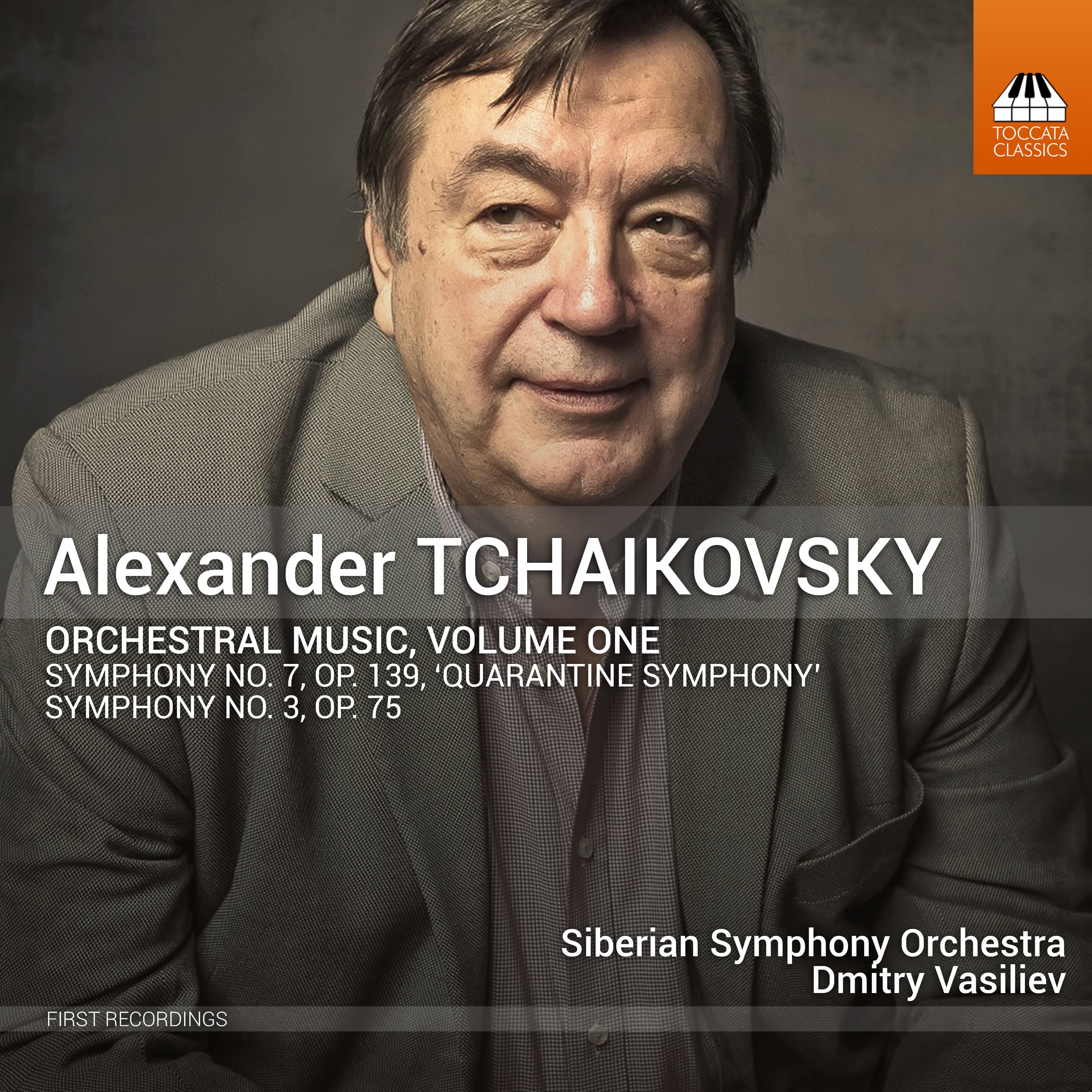
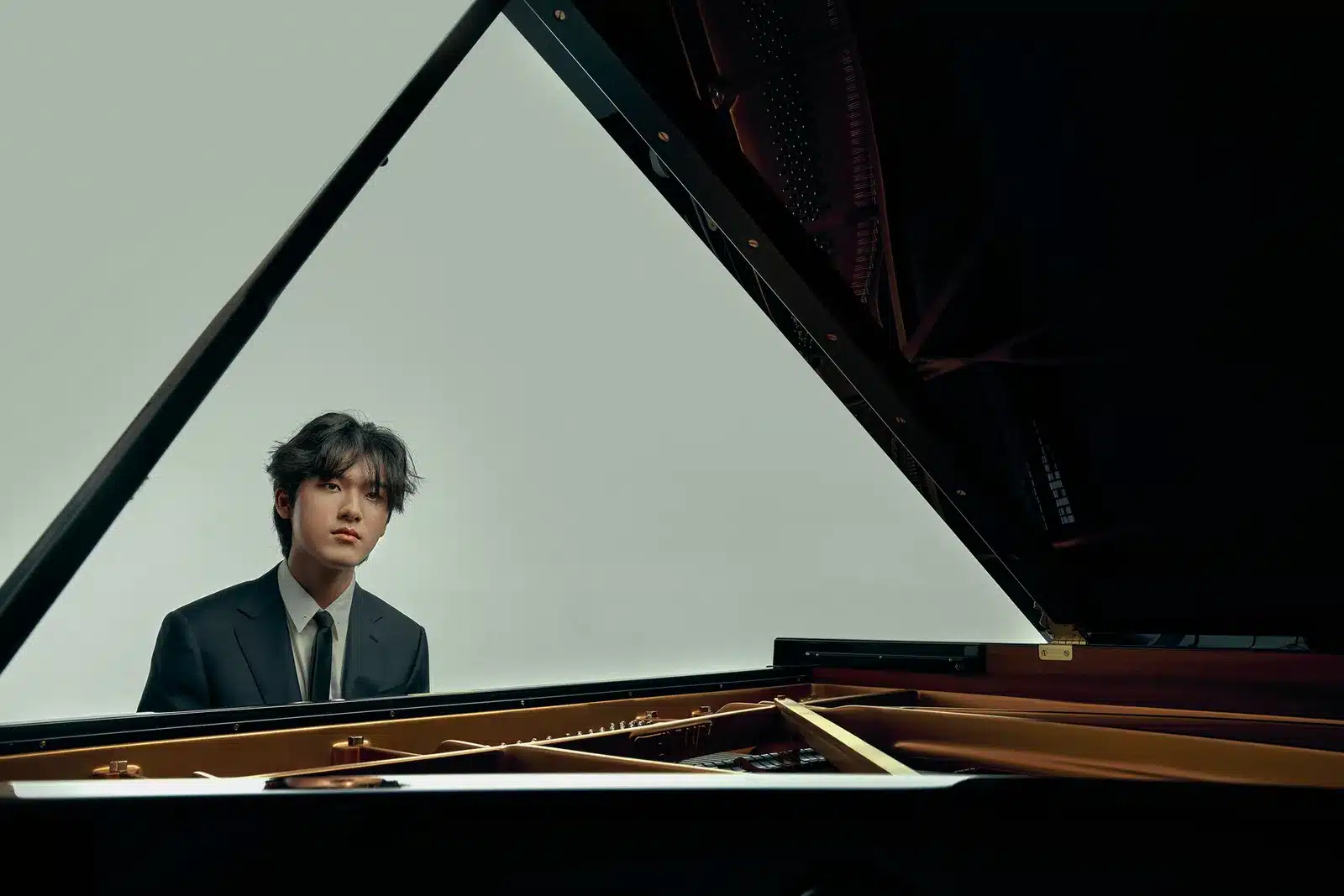
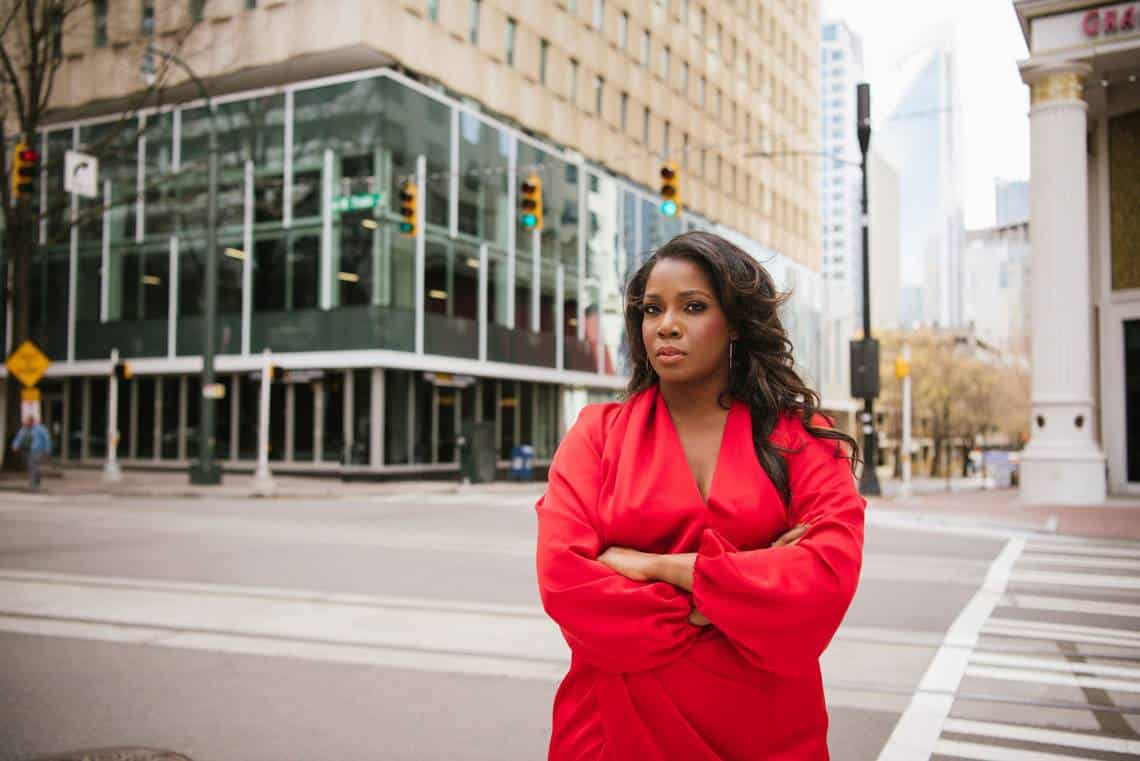

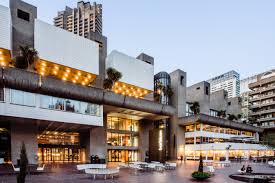
Comments